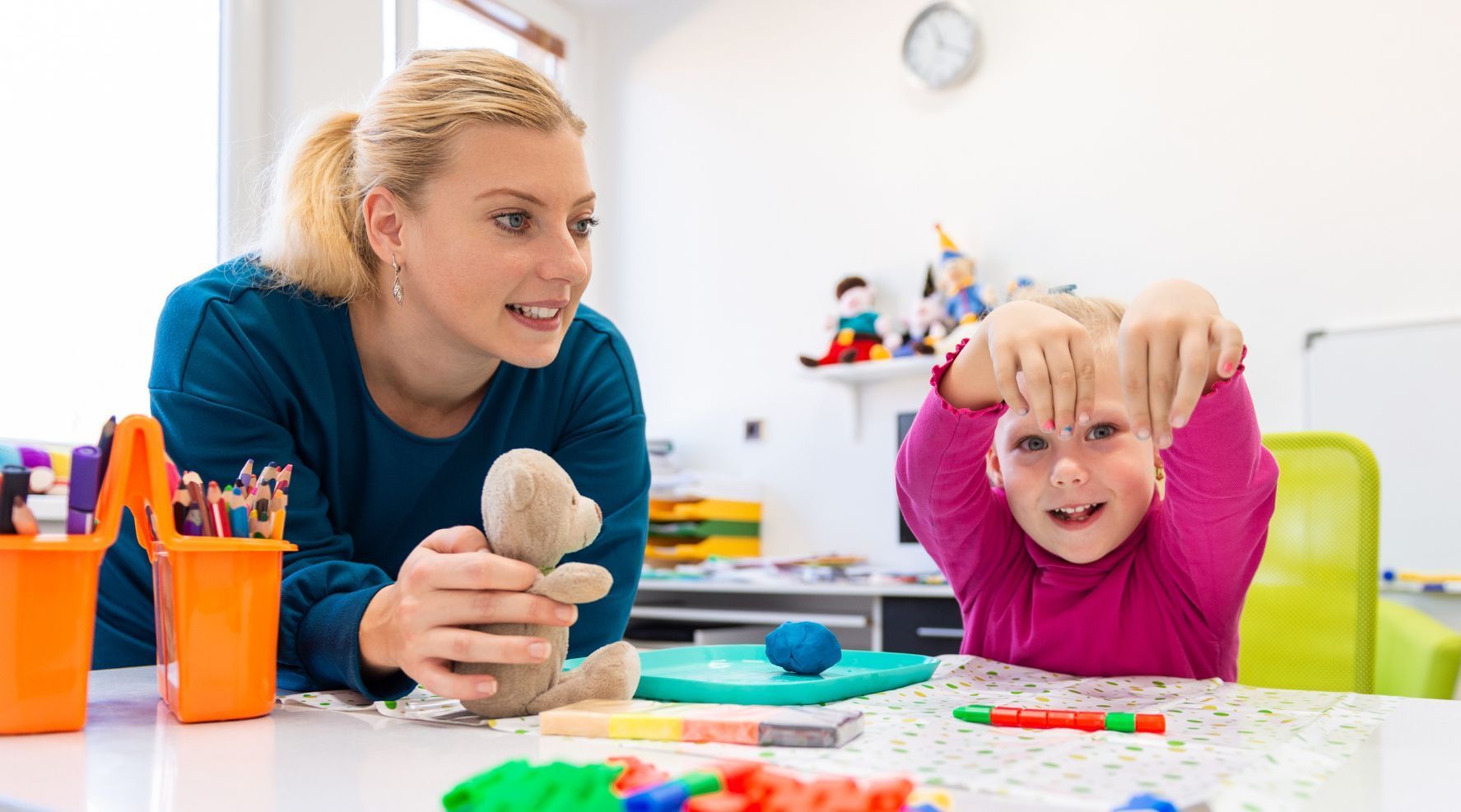How Sensory Play Can Help Develop Language Skills
Sensory play helps kids develop the ability to connect language and sensory experiences. Through sensory play, children learn how to describe objects and their properties, allowing them to communicate more effectively with others.
Creative activities such as art projects can provide an opportunity for children to express themselves in new ways. By engaging in creative activities, children learn to use words in more subtle and meaningful ways. Here’s how sensory play can help develop language skills.
Examples of Sensory Play
Sensory play is an activity that encourages children to explore and interact with their environments to engage the senses. It is a great way for kids to learn how the world works. Through sensory play, children develop skills such as problem-solving, communication, and creativity.
Sensory activities can include exploring different textures, sounds, smells, and colors. Children can explore the textures of sand and water by mixing them together in a sensory bin. They can also experiment with sound and music by playing instruments or exploring different rhythms.
Kids can use their senses of smell by adding fragrances to play clay or exploring the smells of different flowers or spices. They can use their senses of sight by playing with colorful objects, exploring light and shadows, or observing bubble lamps that change color as bubbles rise within them.
Benefits of Sensory Play
There are many benefits to sensory play that can help children develop language skills. Through sensory play, children can:
- Develop the ability to use words to describe objects and their properties.
- Increase vocabulary skills through creative activities.
- Develop problem-solving skills by exploring how different objects interact with each other.
- Learn to communicate effectively with others through creative activities.
- Improve their ability to focus and concentrate on a task for an extended time.
Ways Sensory Play Helps Kids With Autism
Sensory play is especially beneficial for kids with autism. Engaging in sensory activities can help children learn how to control their emotions and behavior. Sensory activities also provide opportunities to practice social skills. They build confidence in communication abilities, which in turn develops positive self-esteem.
Occupational therapists use indoor sensory playgrounds to give autistic children a variety of sensory experiences. These experiences can help them center themselves so they can learn communication skills that will reduce frustration and anxiety and help develop social skills.
Sensory play also benefits those who are learning a second language. Children can practice their foreign-language skills while engaging in a fun activity. This type of play can help build vocabulary by introducing new words and concepts within the context of the game.
Sensory play helps children develop language skills in many ways, from expressing themselves and communicating needs to social skills like reciprocity in conversation and using words relevant to shared activities. Through sensory play, children can increase their vocabulary skills, develop problem-solving skills, and learn to communicate effectively with others.





